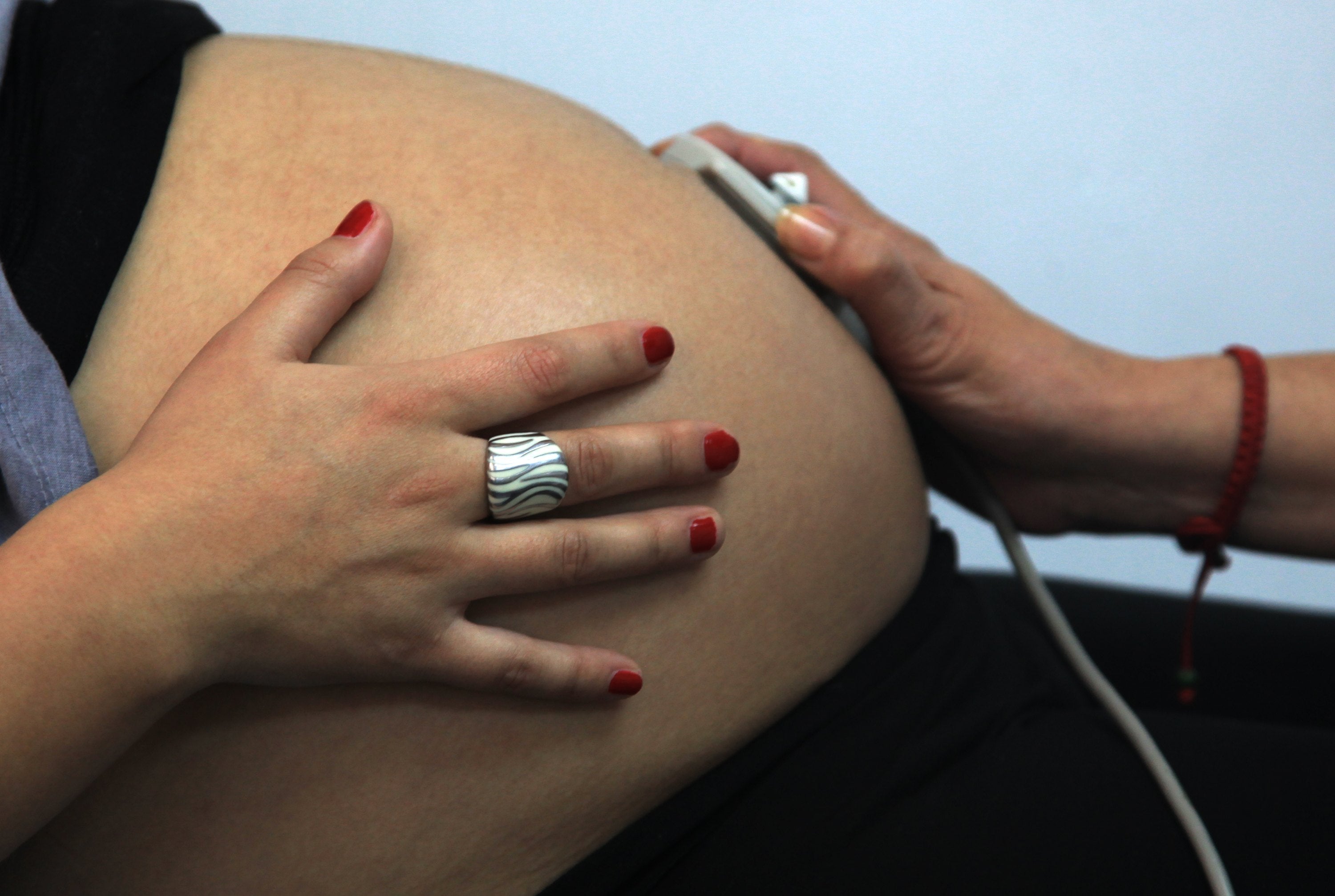The Independent's journalism is supported by our readers. When you purchase through links on our site, we may earn commission.
Autism linked to higher levels of 'male hormones' in the womb
University of Cambridge study finds higher levels of testosterone and other hormones in the womb increase the chances of developing the condition

Baby boys who are exposed to higher levels of male hormones in the womb are more likely to develop to autism, new research has suggested.
The exact causes of autism remain unknown, but University of Cambridge researchers say their findings could explain why males are up to five times more likely to be diagnosed with the condition than females.
The study looked at stored samples of amniotic fluid and identified samples from 128 males later diagnosed with an autism spectrum condition.
In these samples, researchers found, on average, the levels of testosterone and three other steroid hormones in the fluids were particularly high. In comparison, much lower levels were detected in the amniotic fluids of a control group of 217 boys who did not develop autism.
Lead researcher Professor Simon Baron-Cohen said this is one of the earliest non-genetic biomarkers identified in children who go on to develop autism.
Co-author Dr Michael Lombardo added that the results “pinpoint an important window in fetal development when such mechanisms exert their effects”.
Prof Baron-Cohen described the results as particularly striking because they were found across all subgroups of the autism spectrum, including Asperger Syndrome.
He said: “For the first time, we have also shown that these steroid hormones are elevated in children clinically diagnosed with autism. Because some of these hormones are produced in much higher quantities in males than in females, this may help us explain why autism is more common in males.”
But the results do not warrant prenatal screening tests or the use of steroid blockers as a form of treatment, he cautioned, adding that prenatal testing also raises serious ethical issues.
“These results should not be taken as a reason to jump to steroid hormone blockers as a treatment as this could have unwanted side effects and may have little to no effect in changing the potentially permanent effects that foetal steroid hormones exert during the early foundational stages of brain development.
"The value of the new results lies in identifying key biological mechanisms during fetal development that could play important roles in atypical brain development in autism.”
The results of the study are published today in the journal Molecular Psychiatry.
Join our commenting forum
Join thought-provoking conversations, follow other Independent readers and see their replies
Comments